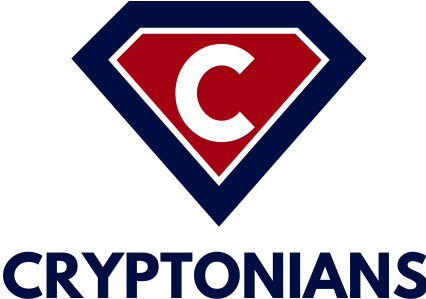MultiverseX eyes Metaverse scalability as CEO sheds light on spatial computing

The MultiverseX CEO discussed the recent interest of Meta and Apple in the metaverse domain and analyzed their respective approaches.
The Metaverse concept gained a lot of traction both from the crypto community and venture capital firms during the peak of the bull run. The likes of Meta (Facebook) and Apple joining the metaverse bandwagon only gave more legitimacy to the concept. However, the approach of both multi-billion dollar tech firms has been quite a different approach towards it.
On one hand, Meta shifted its whole focus to virtual reality (VR) and recently released new smart glasses in partnership with Rayban while Apple incorporated a spatial computing approach and focused on augmented reality (AR) more and launched its own AR glasses earlier this year.
Blockchain-based metaverse-focused platform MultiverseX CEO Beniamin Mincu believes the spatial computing approach by Apple is more catered towards the metaverse goal than Meta’s VR quest. In an exclusive interview with Cointelegraph editor Zhiyan Sun, Mincu told Cointelegraph that Meta’s focus on virtual reality could be a mistake as it isn’t as intuitive, while Apple’s spatial computing approach makes the AR glasses a more intuitive experience.
He explained that Meta’s glasses are only fixated on a particular virtual world, while the concept of the metaverse is more about an interactive experience within that virtual world. The glasses focus only on one use case, rather than multiple ones:
“I think the most fundamental one that changes the conversation is viewing a lens or an interface as a spatial computing device. I think this is a very underrated paradigm shift that Apple has introduced. So this is why spatial computing, it seems like it’s the same thing, which is a different world.”
Spatial computing refers to the processes and tools used to capture, process, and interact with 3-dimensional data. Spatial computing can include IoT, digital twins, ambient computing, augmented reality, virtual reality, AI, and physical controls. Spatial computing is defined as human interaction with a machine in which the machine retains and manipulates referents to real objects and spaces.
Related: The Sandbox co-founder explains how the metaverse has evolved for brands: Web Summit 2022
Mincu added that MultiversX’s (formerly Elrond) new technical upgrades on Oct. 19 will align it well with the spatial computing approach and make it more scalable. The technical upgrade would bring key features to the platform including early block proposals, parallel node processing, consensus signature checks, and dynamic gas cost improvements.
These technical upgrades promise to increase transactional throughput by 7X with faster confirmation times and shorter finality. Among other notable changes, the new upgrade will bring on-chain governance, a new and enhanced virtual machine, and an improved relayed transaction model which would allow tokens operating on the network to cover gas costs.

